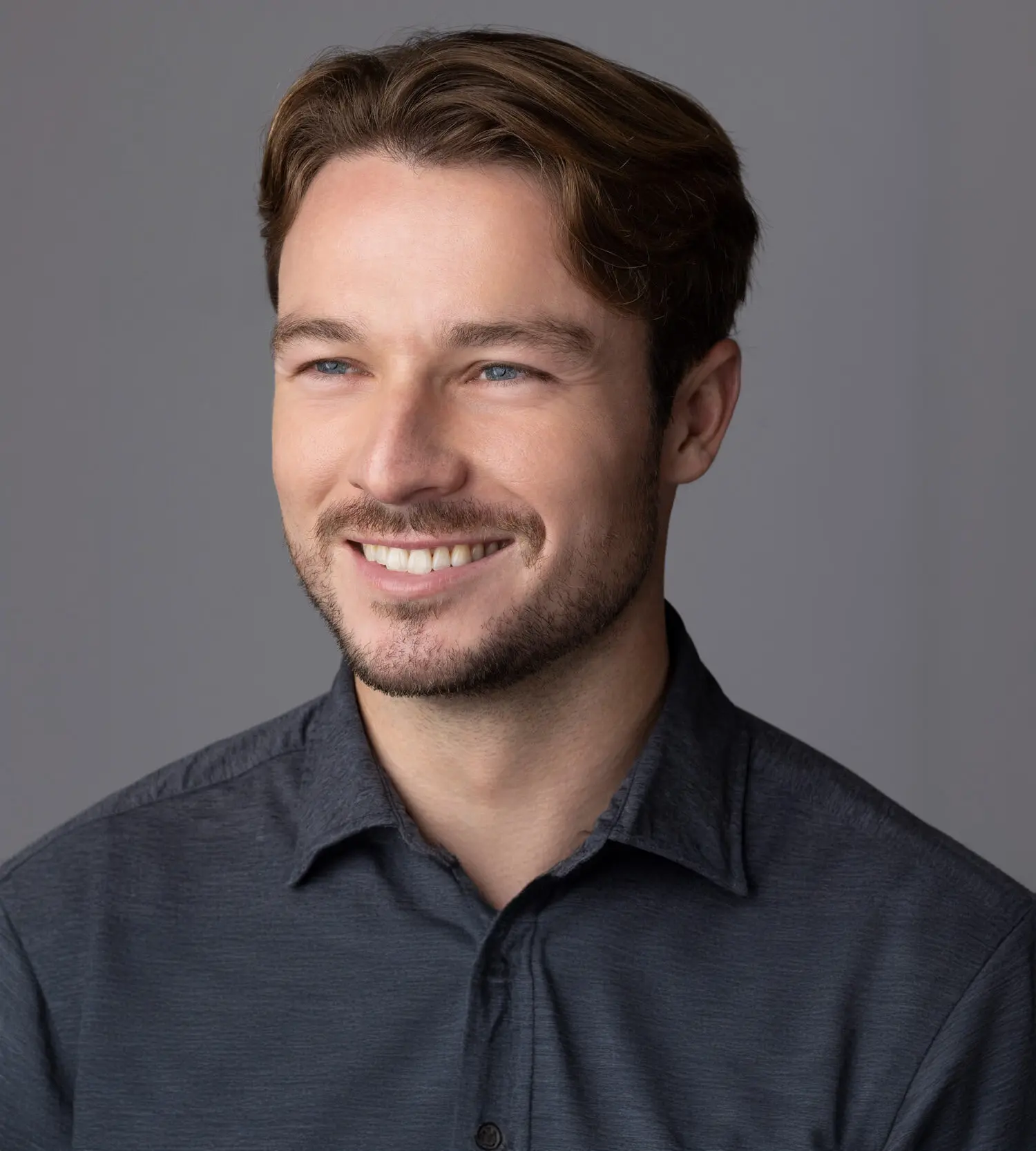In our time at Norwest, we have invested a lot of our focus in vertical SaaS. This software has pertained to a range of industries, from construction/real estate to education, and public safety.
However, for a long time, we have wanted to get behind a platform company that benefits nonprofit and social impact goals. A “double bottom line” approach to investing has been gaining prominence in recent years, and for good reason. People are learning to look beyond the classic bottom line, to other forms of value and impact. We’ve been very keen to follow this model when it makes sense.
Recently, we found our perfect candidate in Classy, a company that helps nonprofits maximize their impact through a suite of world-class online fundraising tools. This prompted us to lead Classy’s Series D round and David Su to join Classy’s Board of Directors.
Classy is an incredible company that follows the tailwinds of what’s happening in the nonprofit space: younger donors, more “subscription” giving, and the move to digital and mobile. But here’s the most interesting thing: our backing of Classy is the perfect example of how traditional investing and impact investing are not mutually exclusive.
It is perfectly possible to make a prudent financial investment that is also a virtuous social investment. Despite popular cliches, these two goals are not at odds with one another. Co-founder Scot Chisholm said, “We chose Norwest because of their track record working with great entrepreneurs and because of their values, which we felt closely aligned with our own. It was clear from the beginning that Norwest understood that shareholder return and social and environmental impact are not mutually exclusive things. All you need to do is look at some of the amazing companies in their portfolio, several of them B-Corps. This is the way the world is moving, and it’s the type of investor we knew we wanted to partner with.”
Combining the Profitable and the Ethical
In recent years, a heavily politicized climate has helped drive a narrative that there is capitalism, and then there is doing good. In many simplistic discussions of old, the idea is put forward that the profit motive cannot co-exist with a desire to positively impact society.
Impact investing has emerged as a way to bring a more nuanced reality to this picture. Impact investing (one version of so-called “conscious capitalism”) sees funds invest in companies that they believe will simultaneously generate a financial return and a beneficial social impact.
At Norwest, we are not exclusively a social impact fund. We strive to invest in, partner with, and support unicorns (businesses valued at >$1B) as much as any other VC or PE firm in the world. However, there is certainly something to be said about investing in a different type of “unicorn”, one where the value is not only determined by the headline dollars but where valuation and social impact are equally regarded.
We certainly do not profess to be the investors “changing the world” (we leave that to our portfolio company founders!), but partnering with businesses that value not only profit generation, ROI, and sound business practices, but also social impact, leaves a good taste in our mouth. At the end of the day, we are investors. But we are also consumers of products and users of software. So, relating to the mission of the product and services we are associated with is becoming more and more central to how we make decisions.
Why Classy is the Perfect Candidate
We were not prepared to invest in just any nonprofit software provider. In theory, any such company might generate a social impact. However, the nonprofit software landscape is characterized by fragmentation, as many nonprofits use a multitude of software tools/applications.
Of the opportunities that came across our desk, many were subscale and/or point solutions, didn’t have a clear growth plan, or lacked the infrastructure to support being a true “platform” investment. Classy felt different, and it wasn’t only because of the founders’ and Gabe’s mutual love of soccer (which is how the conversation kicked off!).
Like companies in the real estate, construction, and government sectors, nonprofits have been generally slow in adopting technology and innovating with fundraising approaches. Typical characteristics include traditional in-person or mail-in fundraising techniques, antiquated technology interfaces, and fragmented workflows borne by the lack of a centralized system.
Classy provides cloud-based fundraising SaaS tools that enable nonprofits (both modern and legacy) to connect to their donors seamlessly and modernize the giving experience. At the highest level, it helps nonprofits drive growth in donation volume and ultimately maximize impact. Classy’s processes are very scientific and data-driven, and the company helps organizations iterate rapidly and offer a seamless end-user experience, which is traditionally rare in the nonprofit space.
These characteristics are crucial. As the core donor demographic continues to move toward the tech-forward millennials and Gen-Z, the giving sector desperately needs to reach these audiences on seamless, digital-first platforms that make donating as easy as possible.
Classy embodies this movement: intuitive UI/UX, integrated payments, and an overall effortless experience for the donor (Gabe knows this firsthand, as two of his favorite nonprofits, Grassroot Soccer and Surfrider Foundation, are Classy customers).
Additionally, like many other industries that adopt technology, maintaining a fragmented tech stack is cumbersome. Classy provides an end-to-end solution, including solutions for peer-to-peer fundraising, integrated payments, recurring donations, and event registration, among other features, with exciting new product developments in the near-term roadmap.
One of Classy’s key features, recurring donations (also called “subscription giving”), is one that many nonprofits struggle with: sustainable income streams. Classy makes building these streams much easier. Today, almost 20% of total donations facilitated by Classy are from donors who “subscribe” to nonprofits and pledge to give regularly. Of course, we strongly commend Classy’s efforts to grow this number!
In short, great technology means more revenue for nonprofits, which generates more opportunities for social impact. Of course, backing innovative technology is certainly not going to solve our world’s social, health, or environmental problems on its own. Still, it is a step in the right direction to support those on the frontlines that are making leaps and bounds to do so.
Mission-Driven Capitalism
As a firm, Norwest backs many companies that are blending financial return and social impact. For example, Grove Collaborative, a company that delivers eco-friendly home essentials, and Imperfect Produce, a company that delivers sustainable and affordable groceries, are both certified B Corps.
Classy is another important B-Corp investment that supports the “double bottom line” initiative internally, and our hunch is that this will increasingly be the future of growth equity at Norwest. Hybrid investments that move past this binary and take both elements –ROI thinking and social impact thinking— into account will make up an increasing portion of portfolios.
A key reason why we think this will be the case is that it works for the companies, too. Scot said it best: “Through our new partnership with Norwest and the investment in our product and engineering teams, Classy will continue to elevate the sector and drive more impact for our nonprofit customers.”
It’s a win-win for everyone involved.


